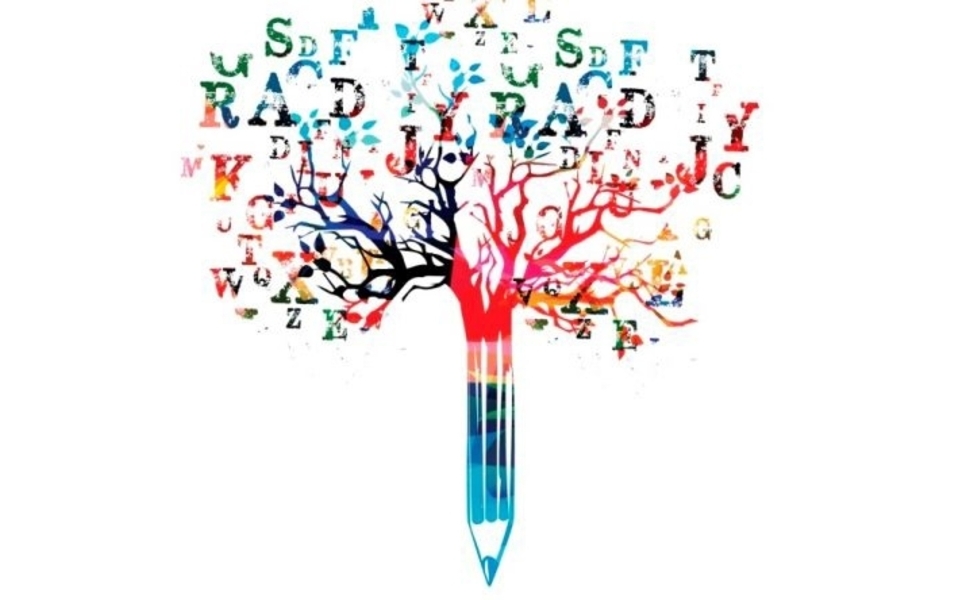Creative writing skills are a significant part of communication skills. Creativity in writing does not develop overnight and has to be worked upon for developing these skills. If someone has to express thought in his mind and he looks to do so with creativity and efficiency. Such communication skills include stories, ideas, and emotions are communicated effectively.
Here are some essential skills that everyone willing to learning content writing with creative writing needs to work on:
Imagination: Creativity, in a word, depends entirely on a strong imagination for its foundation. A creative imagination will help one think of some unique ideas and even develop fresh plots, characters, and settings. Imagining different scenarios actually brings a written work to life.
Storytelling: Not that simple-the ability to tell an interesting story. One needs to build a proper storyline with a beginning, middle, and end. This would bring in some form of tension, suspense, and then some good denouement.
Creative Writing Descriptive Language: Even though not perfect, good creative writing involves vivid descriptions of words and phrases to paint a picture in the head of the reader. Adding sensory details such as what one sees, hears, smells, touches and tastes adds depth to the story.
Character Development: Whether fiction or non-fiction, only through character development can one connect the reader to the story. Discover how to create authentic, complex characters readers can believe and identify with
Dialogue Writing: This is another key skill-that of writing believable dialogue. Dialogue should be natural sounding, so it will be integral in character development and the plot.
Editing: The best story can be completed with the process of editing. It is simply working on the paper, correcting spelling and grammar, and making the flow better in creative writing.
Importance of Creative Writing

There are many more reasons for the Importance of creative writing beyond only stories. It enhances linguistic skills, encourages self-expression, and develops emotional intelligence.
Here are the reasons why creative writing is important:
- Improve your writing skill: creative writing develops grammar, vocabulary, and sentence patterns. This improves you as a better communicator in general.
- Improve your creativity: creative writing is an exercise to the brain and asks you to do something out of the ordinary. It teaches one how to be imaginative, flexible, and original in thoughts.
- Emotional Expression: The creative writing allows you to express your emotions and realize how complex the feelings may be created. It also provides a room for self-discovery in the safe environment of this art.
- Empathy: Various characters that the authors write about and different scenarios that they describe give rise to their potential to walk into the shoes of other people. Thus, such a person develops empathy while trying to understand the perspectives of other people.
- Places one in Critical Thinking: Creative writing saddles the user with the need for thinking deeply about the message he or she wants to put across. It involves organization, problem-solving, and serious cogitation of how best to communicate his or her story.
Creative Writing for All Ages
Creative writing is for all ages because it is not age specific. Both children and adults alike can indulge in creative writing and grow out of it. Here’s how creative writing benefits different age groups:
For Children: Creative writing for children encourages imagination and makes children learn to have a skill in basic writing and communicating abilities. Activities like short story or poem writing encourage them to think creatively. It makes effective usage of their language.
Creativity writing will enable teens to express oneself. At this age, it can be one’s emotional outlet and space to show your thoughts. This has been helpful for one’s tool of creative writing in personal expression, which tends to help the teens process their feelings and grow confident with one’s voice.
For Adults: This entails writing as a hobby, source of living, or even as therapy for adults. Perhaps you enjoy writing a book, your journal, or poetry. In any manner, creative writing proves beneficial to adults for unwinding, putting thoughts on paper, and exercising expression.
Types of Creative Writing
There are many types of creative writing. Each offers unique ways to express ideas and tell stories. Here are the most common examples of creative writing:
- Fiction: It consists of novels, short stories, and novellas. Using fiction, writers can think of new worlds, characters, and events.
- Poetry: It is a creative writing form in which using the words in the form of rhythms or expressions, an author can evoke emotions or narrate a small story with a few words only.
- Non-fiction: This is essentially writing set based on real life events, yet it has been molded uniquely in such a way that has a creative twist; among those include memoirs, personal essays, and travel writing.
- Scripts: Scriptwriting is writing dialogues and scenes for plays, movies, or television shows. It requires strong dialogue skills and an understanding of visual storytelling.
- Journals and Diaries: The creative expression of self through recording of experiences in a personal journal provides space for personal growth because it allows space for emotional discharging.
- Flash Fiction: This is an extremely brief form of storytelling, mostly less than 1,000 words whereby authors have to say a full story in words that bound space.
While doing these kinds of creative writing skills, you will get to know the style that best fits your voice and interests.











